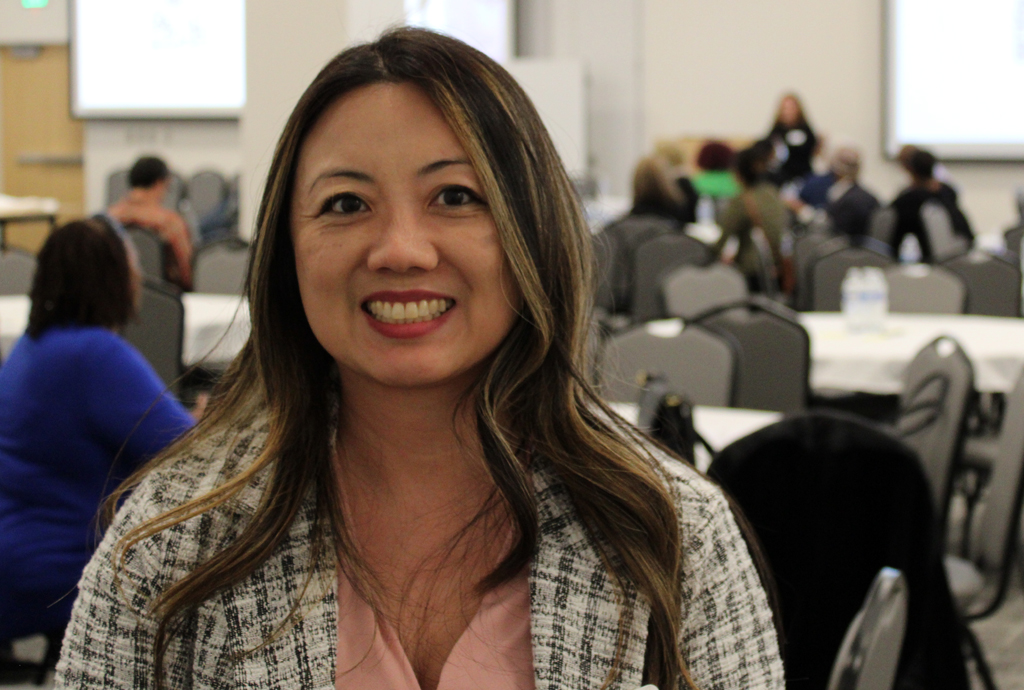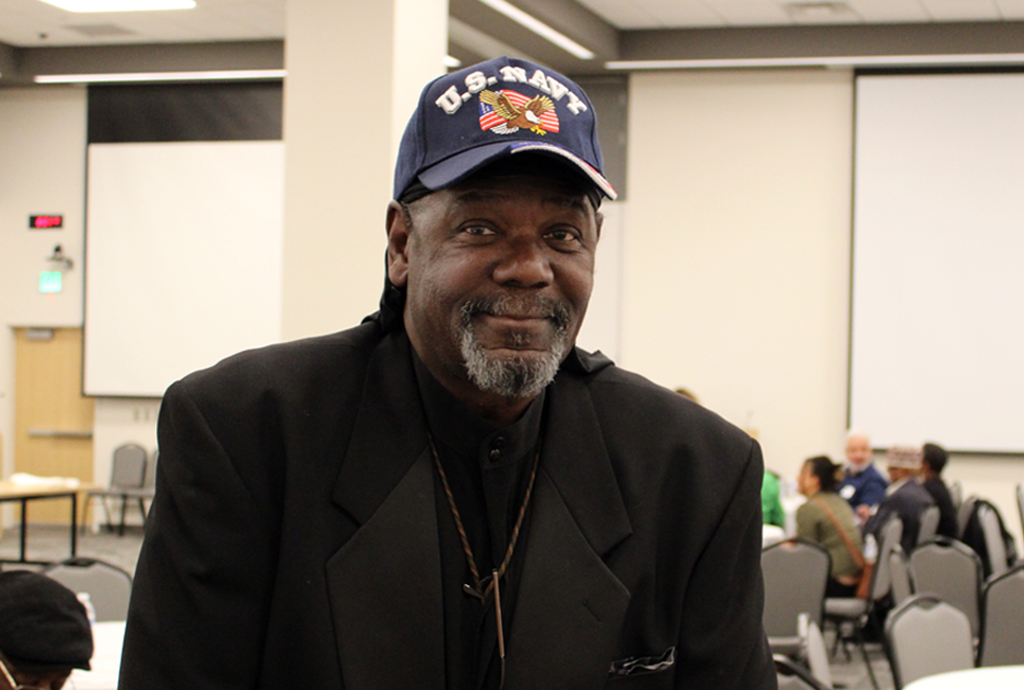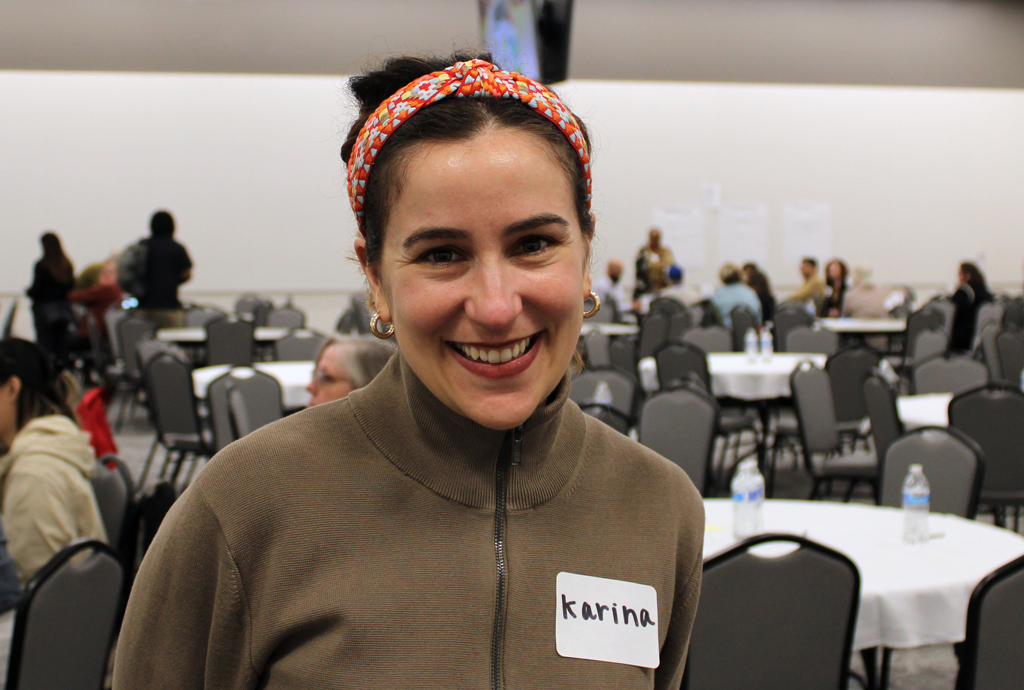

Over the past several years, the Hennepin County Community Health Improvement Partnership has provided funding directly to people and organizations in the community to work on issues related to housing stability and mental well-being. Also known as “CHIP,” this funding has gone out through more than 80 mini-grants, ranging from $300 – $5,000.
As a result, the CHIP partners have a robust map of real life, local examples. Here are three of the 80+ success stories. View the interactive map of 2023 CHIP funded projects.
These examples demonstrate the simple truth that communities understand their own needs and have solutions.
Zang Vang-Lee, project manager with the Hmong Early Childhood Coalition said that they were hearing concerns from families in their community about the impact the pandemic was having on the social-emotional development of young children. Social-emotional development is a key aspect of children’s mental well-being and ability to learn. The Coalition used their CHIP mini-grant to create and distribute a social-emotional kit for about 40 families.
The kit included activities, like sensory items, books, and fidgets.
“We had a kick-off workshop around social-emotional development and to distribute the kits,” explains Zang. “We followed up with home visits and phone calls to see how families were utilizing the kits and if they had questions. Lastly, we invited a licensed marriage and family therapist to speak on children’s social-emotional health in a virtual setting.”
According to Zang, most families were able to use the activities provided to talk with their children about emotions and to create spaces in their homes for children to relax and calm down. Their post project survey showed a more than 20% increase in parents’ confidence in supporting their children’s social skills.

Marvin Jarnigan is the president of the Upper Post Veterans’ Community Resident Council, a resident advisory board associated with the Upper Post Veterans Homes at Fort Snelling. His group was awarded two CHIP mini-grants, which they used to host events to bring resources and support for mental well-being to formerly homeless veterans.
During the pandemic Marvin was motivated to take on a project to help his neighbors, including veterans with mental health challenges.
“Tackling the mental health issue, with the stigma attached to it, sounded like something that would be beneficial to my community,” Marvin said, “because we have a lot of people who possibly don't seek help because of that stigma.”
He and his group organized four events, where they brought in speakers and workshops to highlight services and mental well-being in subtle ways. Marvin explained that this low-key approach helped reach his neighbors without doubling down on stigma.
A proud moment for him was getting representatives from the VA to come into their community and bring programming around mental well-being. He and his neighbors felt valued and seen by the people and organizations with the power to help. Their events served approximately 100 people.

Karina Kelton is the founder of Raices Latinas, a local service organization focused on sharing information and community resources for the Latina community in Minnesota. They used their CHIP mini-grant to host several well-being events for moms and families.
“At the beginning of 2022, I noticed there was a lot of interest in therapy,” said Karina. “This was something new to me …because among the Latino cultures, therapy is not accepted.”
Raices Latinas had the idea to organize a panel discussion with three Spanish speaking therapists to talk about what therapy is, how it works, and what to expect. Participants sent in anonymous questions for the therapists.
“The therapists did such a great job at tying everything together and explaining that therapy is just really an opportunity for you to get to know yourself better,” said Karina, “and that landed so well.”
Following the panel discussion, Raices Latina hosted a well-being event at Highland Park, in Bloomington. Karina explained that it was important to hold the event outdoors, at a park that was close to the families.
“I knew that if we held it at a park and did an activity together, families would feel more welcome,” she said. Their events served over 60 people.
The importance of promoting mental well-being, while also addressing the stigma around mental health was a common theme running through these success stories.
“People were letting me know that they were interested in mental health, but they were really hesitant,” explained Karina. “They didn't want to come out and say that they were looking for therapy.”
Another common theme in talking with Zang, Marvin, and Karina, were their abilities to listen deeply and respond to the needs of their communities. Using their skills, creativity, and connections, they developed highly tailored community interventions.
Their work continues to have impact. Zang explains how her team at Hmong Early Childhood Coalition still hears from families about how their households changed. “Families email and call us, letting us know how they’ve changed some things they are doing,” Zang said. She and her colleagues at the Coalition successfully leveraged their mini-grant learnings and were recently awarded a $40,000 CHIP grant to help ensure the sustainability of their work in community.
Zang, Marvin, and Karina all spoke to the importance of finding additional resources to sustain on the momentum of their CHIP projects. “I would like to give veterans a chance to still be of service to their nation and to the communities that they’re in,” said Marvin. “I’ve already got it mapped out. “
To learn more about CHIP, its member organizations and funded projects, please visit hennepin.us/chip.
Written by Allison Thrash
